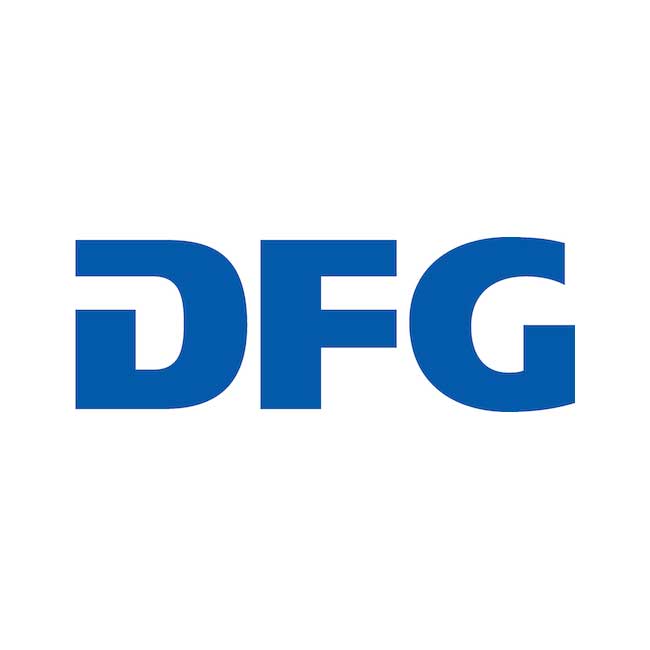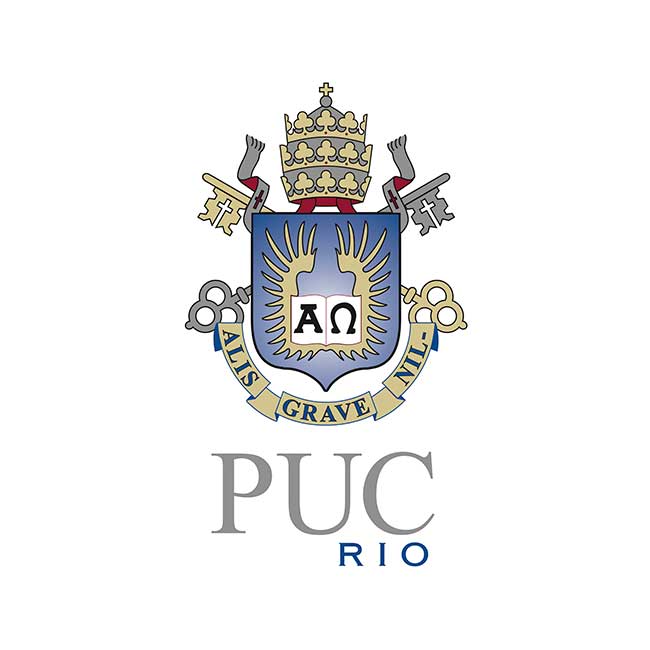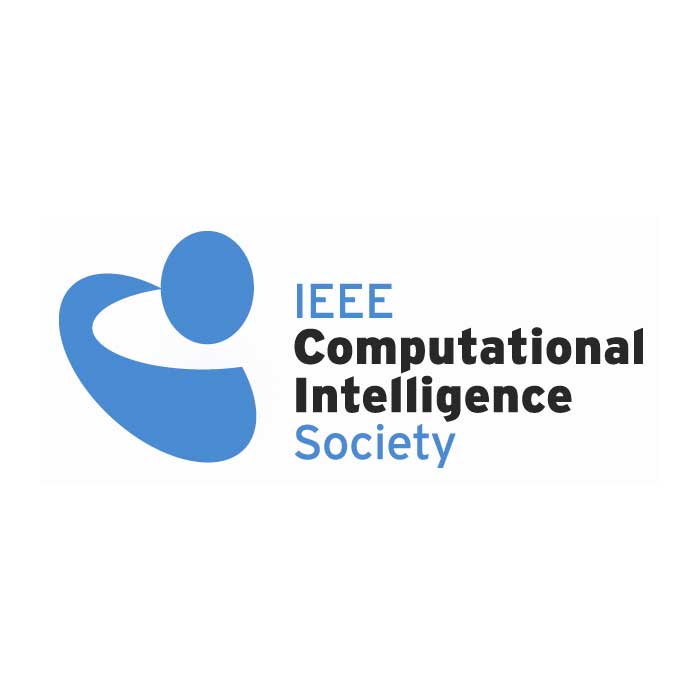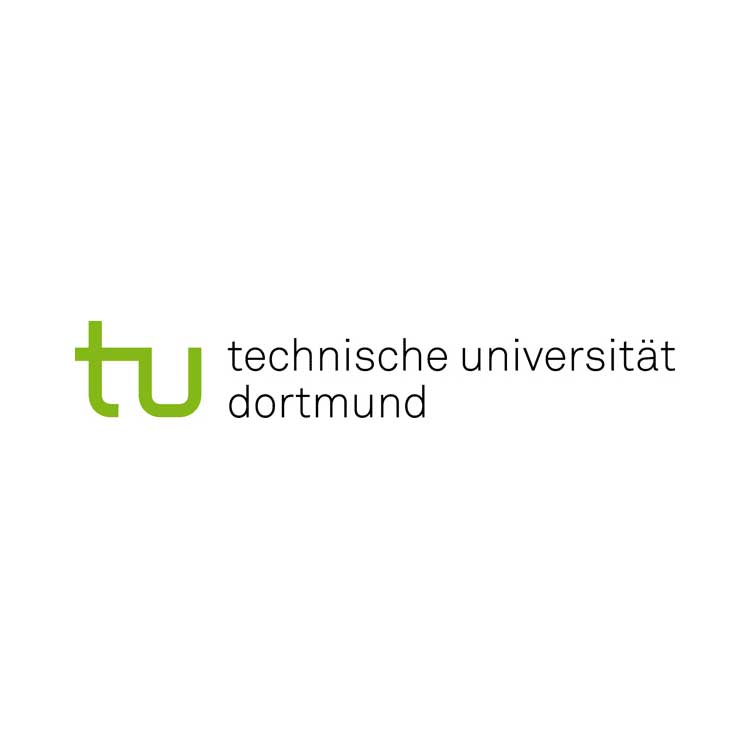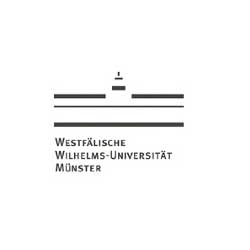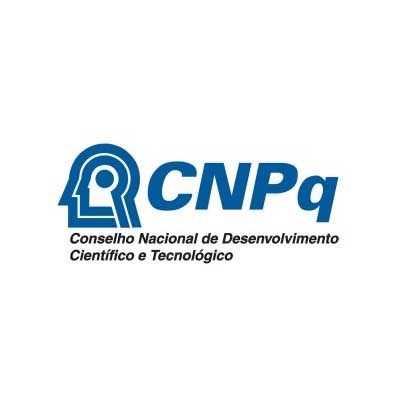The First Workshop on Advances in Evolutionary Computation (WAEC 2014) is a one-day meeting that will present current progresses on evolutionary computation and related areas. We intend to provide a framework for fruitful and informal discussion on current state of the art topics in EC.
WAEC is organized under the scope of the German DFG Collaboration project “Addressing Current Challenges in Evolutionary Multi-Objective Optimization: Many Objectives, Indicator-based Selection and Convergence” involving researchers from the University of Münster, TU Dortmund and PUC-Rio and the CNPq BJT project 407851/2012-7.
Programme
-
08:45Workshop opening.Introduction of the speakers and workshop organization.
-
09:00Tobias Wagner (TU Dortmund): Planning and Multi-Objective Optimization of Manufacturing Processes by Means of Empirical Surrogate Models
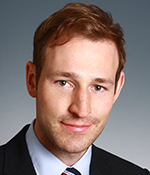 Production industry has experienced a change from a supply-oriented to a demand-oriented product design. An efficient adaptation of the available products and processes to the changing customer needs is an important requirement for industrial success. In particular, advanced thermomechanically coupled forming processes allow a new level of flexibility to be achieved. By means of controlled phase transformations, the properties of the workpiece can be tailored to their later application. In order to exploit the full potential of these processes, the parameters of the processes, as well as their interaction in the process chain, have to be accurately controlled. Hence, efficient methods for planning the process chains and adjusting the process parameters are more and more required.
Production industry has experienced a change from a supply-oriented to a demand-oriented product design. An efficient adaptation of the available products and processes to the changing customer needs is an important requirement for industrial success. In particular, advanced thermomechanically coupled forming processes allow a new level of flexibility to be achieved. By means of controlled phase transformations, the properties of the workpiece can be tailored to their later application. In order to exploit the full potential of these processes, the parameters of the processes, as well as their interaction in the process chain, have to be accurately controlled. Hence, efficient methods for planning the process chains and adjusting the process parameters are more and more required.Empirical surrogate models which predict the workpiece properties and the process characteristics resulting from a specific setup allow the potential of the available resources to be explored. Based on a set of initial experiments, the properties produced by parameter settings not yet conducted can be predicted. In particular, the use of kriging models from the Design and Analysis of Computer Experiments (DACE) has shown many successful applications over the last 20 years.
In this talk, a framework for planning manufacturing processes is presented. This framework is based on kriging models from DACE and two process chain optimization approaches. As a part of this framework, a procedure for the model-based analysis and optimization of manufacturing processes is proposed. Enhancements with respect to the presence of noise in the empirical data are discussed and the resulting improvements are evaluated using simulation studies. Moreover, novel sequential design criteria for approximating the Pareto frontier, i. e., the set of optimal compromises with respect to the workpiece properties or process characteristics, are introduced and assessed in a theoretical and empirical manner. They allow the possibility of a local refinement provided by the kriging models to be exploited. The Pareto frontier is of particular importance, as it represents a compact overview of the potential of the corresponding manufacturing process and comprises the parameter combinations of interest for the manufacturing planner.
The validity of the planning framework and the model-based procedure is documented based on a thermomechanically coupled process chain for manufacturing self-reinforced thermoplastic single-polymer composites. The formalization of this process chain by means of a collection of empirical models is motivated and presented. A particular focus is put on assessing different possibilities to predict the spatial distributions of workpiece properties measured by performing impact tests on specimens locally prepared from the resulting component. It is shown that this process chain can be accurately modeled, analyzed, and optimized using the proposed framework.
-
09:45Carlos R. B. Azevedo (Unicamp): Anticipation in Multi-Criteria Decision-Making under Uncertainty
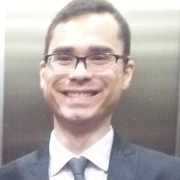
How a Decision Maker (DM) should behave when unaware of the relative importances of the stated decision criteria and of the future consequences of his/her actions?
The traditional premise in sequential Multi-Criteria Decision-Making (MCDM) under uncertainty is that all relevant information for characterizing the problem is readly available. This is however an unrealistic statement in practical scenarios, wherein: (1) the system must resort to noisy historical observations for model building and parameter estimation; (2) the DM has little knowledge about the underlying trade-offs of the problem; and (3) the DM has little subsidies for deciding whether near or long-term performance is preferable.
In this talk, we argue that eliciting complete preferences and eagerness to near-term optimized performance under little knowledge can be unattainable at best and too much speculative and deceptive at worst. We will thus present research on Anticipatory Stochastic Multi-Objective Optimization (AS-MOO) and sequential MCDM systems capable of simultaneously handling challenges (1)-(3) requiring minimal involvement from the DM. The anticipatory capabilities of multi-objective evolutionary algorithms are thus augmented with Bayesian models so as to approximately solve the formulated AS-MOO problems.
As a proof of concept, we present an anticipatory approach for approximating sets of noninferior, cardinality-constrained investment portfolios that can achieve superior future trade-off performance in terms of expected return maximization and expected risk minimization for out-of-sample stock data, when compared to the traditional myopic approach. -
10:30Coffee breakSnacks and coffee served in the workshop room.
-
11:00Harold de Mello (PUC-Rio): Estimation of Distribution Algorithm based on a Multivariate Extension of the Archimedean Copula
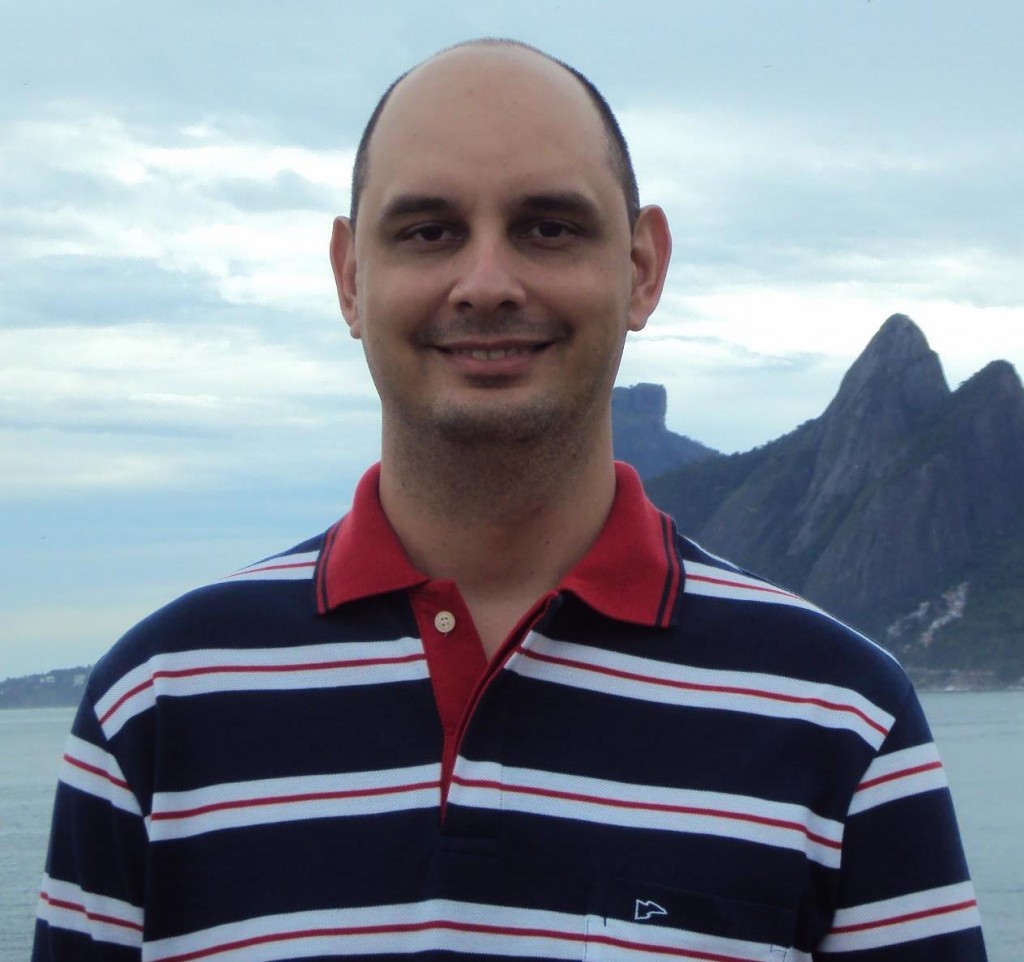 A Copula-based Estimation of Distribution Algorithm with Parameter Updating for numeric optimization problems is presented. This model implements an estimation of distribution algorithm using a multivariate extension of the Archimedean copula (MEC-EDA) to estimate the conditional probability for generating a population of individuals. Moreover, the model restarts population and uses elitism operator during the optimization. This approach improves the overall performance of the optimization when compared to other copula-based EDAs.
A Copula-based Estimation of Distribution Algorithm with Parameter Updating for numeric optimization problems is presented. This model implements an estimation of distribution algorithm using a multivariate extension of the Archimedean copula (MEC-EDA) to estimate the conditional probability for generating a population of individuals. Moreover, the model restarts population and uses elitism operator during the optimization. This approach improves the overall performance of the optimization when compared to other copula-based EDAs. -
11:45Günter Rudolph (TU Dortmund): An Aspiration Set EMOA Based on Averaged Hausdorff Distances
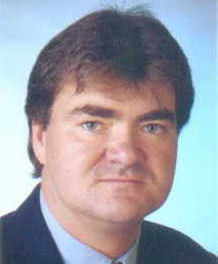 Abstract to be defined.
Abstract to be defined. -
12:30Lunch timeLunch time can be adjusted depending on the schedule.
-
14:00Christian Grimme (Univ. of Münster): Single-objective Expertise Integration into Multi-Objective Evolutionary Algorithms: On Issues, Applicability and first Solutions in Scheduling
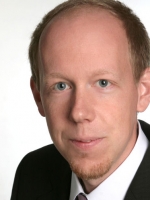 Evolutionary Algorithms are motivated by practical applications which do not allow mathematically exact description or modeling of the problem context. However, especially for the multi-objective domain, research tends to come up with generic and elaborate methods which are evaluated with mostly artificial test problems. Specific application (and applicability in general) of these algorithms – especially user knowledge integration - is usually not in the main focus of research. Reasons for this are systematical problems to integrate users' expertise into algorithms.
Evolutionary Algorithms are motivated by practical applications which do not allow mathematically exact description or modeling of the problem context. However, especially for the multi-objective domain, research tends to come up with generic and elaborate methods which are evaluated with mostly artificial test problems. Specific application (and applicability in general) of these algorithms – especially user knowledge integration - is usually not in the main focus of research. Reasons for this are systematical problems to integrate users' expertise into algorithms.Partial and often single-objective rules of thumb cannot easily be combined to multi-objective rule sets. Further, standard hybridization approaches usually increase complexity of methods and often necessitate a re-design of the algorithms which cannot be done by a standard user leaving him/her with unmodified standard approaches in the end. In this talk, we motivate the integration of available knowledge or expertise as a major challenge in bridging the gap between applicable single-objective scheduling rules and their application in multi-objective scheduling. We highlight this gap and briefly discuss the issues of standard approaches from evolutionary computation. As a first solution to these issues, we propose an agent-based approach inspired by evolutionary computation that may lead to a flexible framework for integrating single-objective expertise in a generic multi-objective solution strategy.
-
14:45Adriano Soares Koshiyama (PUC-Rio): GPFIS: A Genetic Fuzzy System based on Genetic Programming
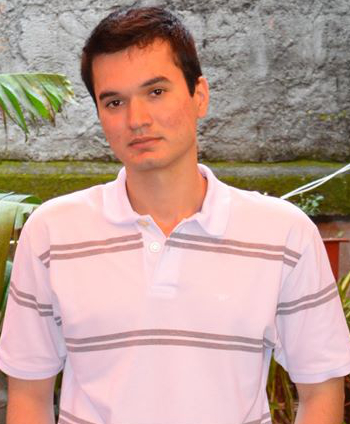 Genetic Fuzzy Systems constitute an area that brings together Fuzzy Inference Systems and Meta-Heuristics that are often related to natural selection and genetic recombination. This area attracts great interest from the scientific community, due to the knowledge discovery capability in situations where the comprehension of the phenomenon under analysis is lacking. In this talk, we present a new Genetic Fuzzy System, called Genetic Programming Fuzzy Inference System (GPFIS). The main aspects of GPFIS model are the components presents in its Fuzzy Inference procedure. This structure is basically composed of Multi-Gene Genetic Programming and intends to: (i) apply aggregation operators, negation and linguistic hedges in a simple manner; (ii) make use of heuristics to define the consequent term most appropriate to the antecedent part; (iv) employ a defuzzification procedure that, driven by the fuzzification step and under some assumptions, can provide a most accurate estimate. All these features are contributions that can be extended to other Genetic Fuzzy Systems.In order to demonstrate the general aspect of GPFIS, its performance and the relevance of each of its components, several investigations are performed. These deal with problems of Classification, Forecasting, Regression and Control.
Genetic Fuzzy Systems constitute an area that brings together Fuzzy Inference Systems and Meta-Heuristics that are often related to natural selection and genetic recombination. This area attracts great interest from the scientific community, due to the knowledge discovery capability in situations where the comprehension of the phenomenon under analysis is lacking. In this talk, we present a new Genetic Fuzzy System, called Genetic Programming Fuzzy Inference System (GPFIS). The main aspects of GPFIS model are the components presents in its Fuzzy Inference procedure. This structure is basically composed of Multi-Gene Genetic Programming and intends to: (i) apply aggregation operators, negation and linguistic hedges in a simple manner; (ii) make use of heuristics to define the consequent term most appropriate to the antecedent part; (iv) employ a defuzzification procedure that, driven by the fuzzification step and under some assumptions, can provide a most accurate estimate. All these features are contributions that can be extended to other Genetic Fuzzy Systems.In order to demonstrate the general aspect of GPFIS, its performance and the relevance of each of its components, several investigations are performed. These deal with problems of Classification, Forecasting, Regression and Control. -
15:30Coffee breakSnacks and coffee served in the workshop room.
-
15:50Luis Martí (PUC-Rio): MOPFEDA: A Particle Filter Estimation of Distribution Algorithm for Multi-Objective Optimization
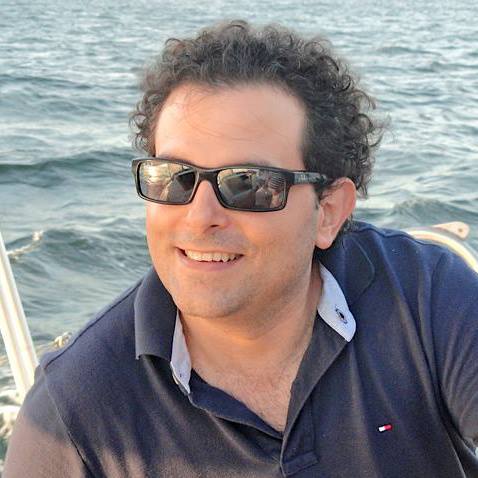 Abstract to be defined.
Abstract to be defined. -
16:35Workshop conclusionFinal comments and open discussion.
Venue
Departamento de Engenharia Elétrica
Pontifícia Universidade Católica do Rio de Janeiro
Predio Cardeal Leme, 4to andar
Sala Multimeios do DEE (entrada por sala 401L)
Rua Marquês de São Vicente, 225, Gávea
Rio de Janeiro, RJ – Brasil – 22451-900

